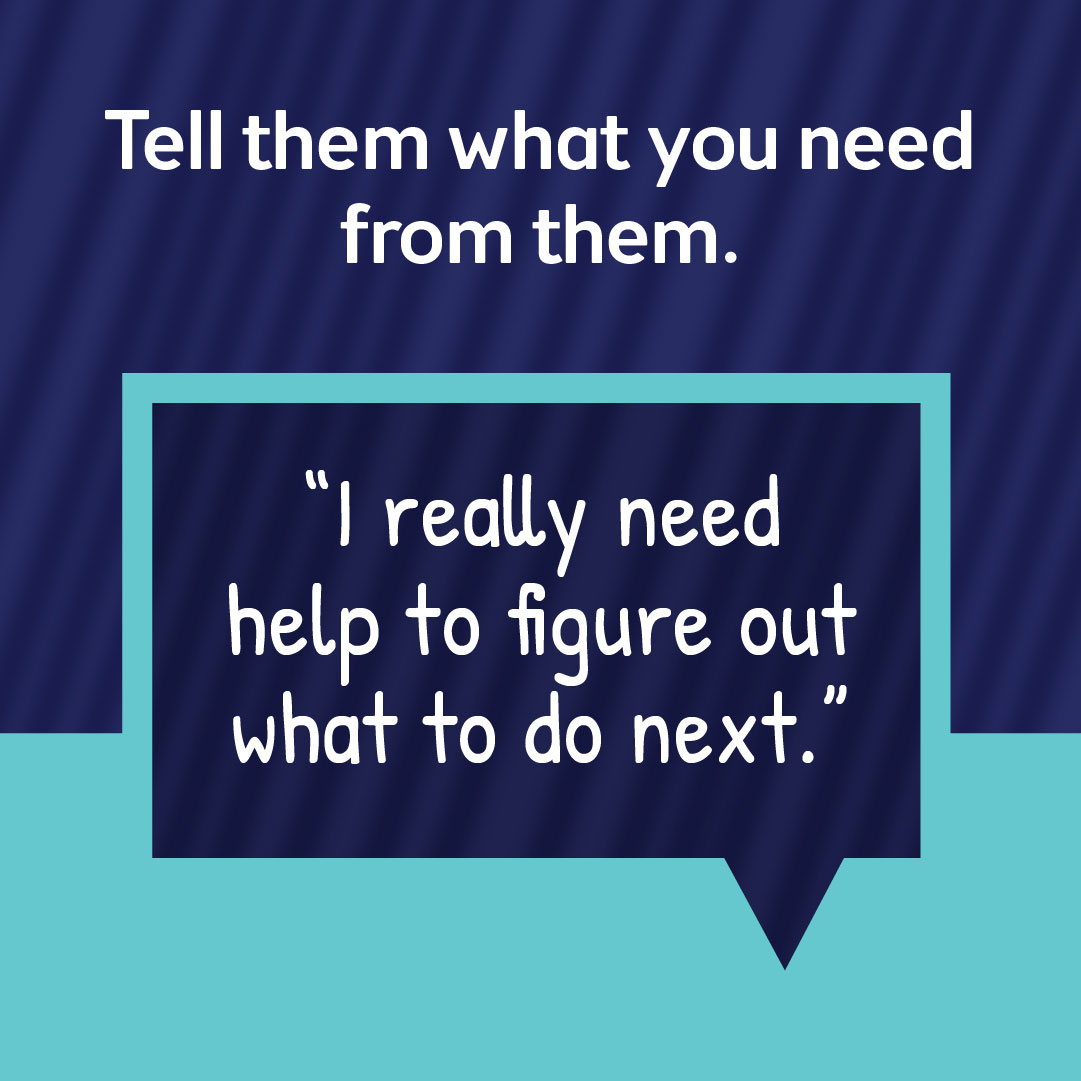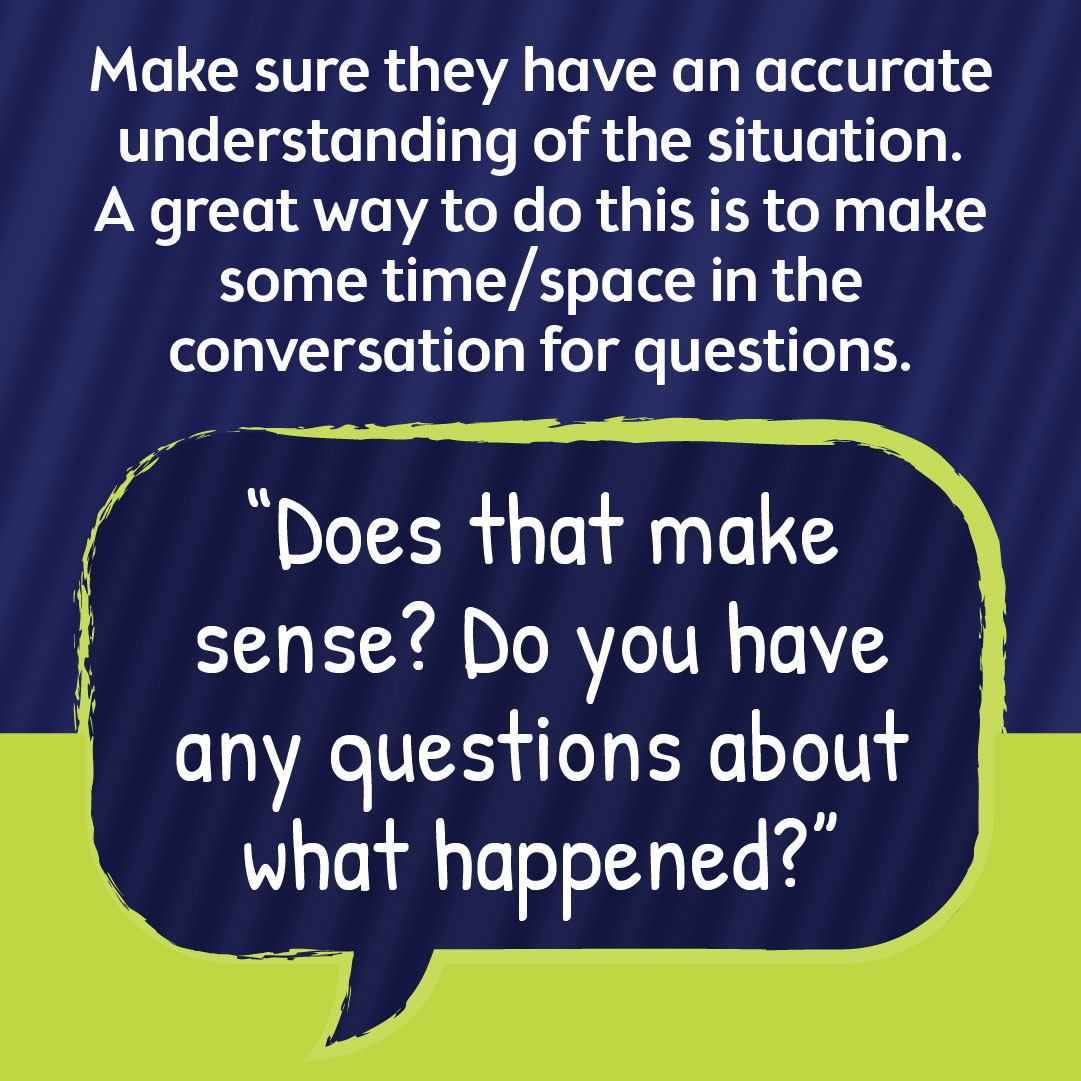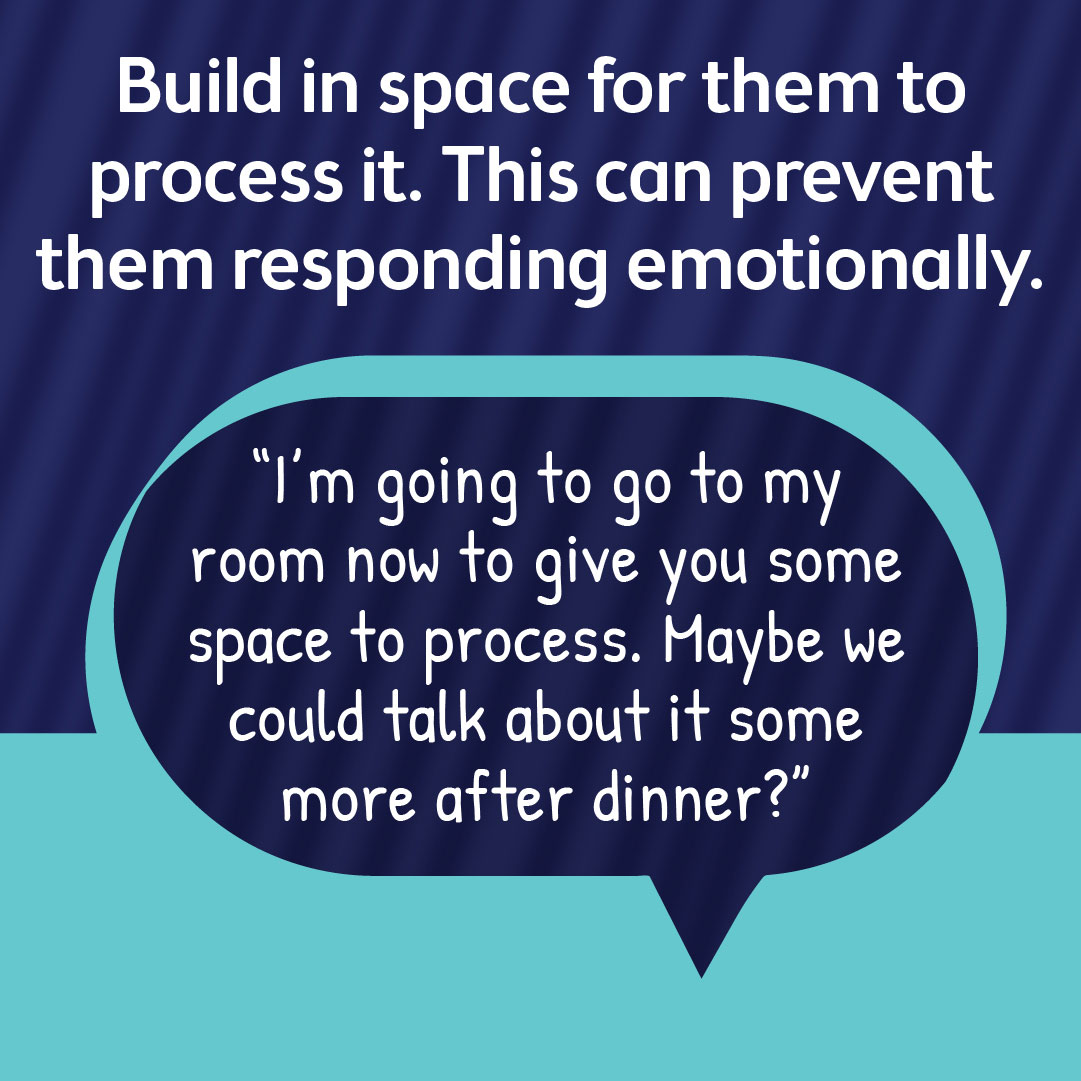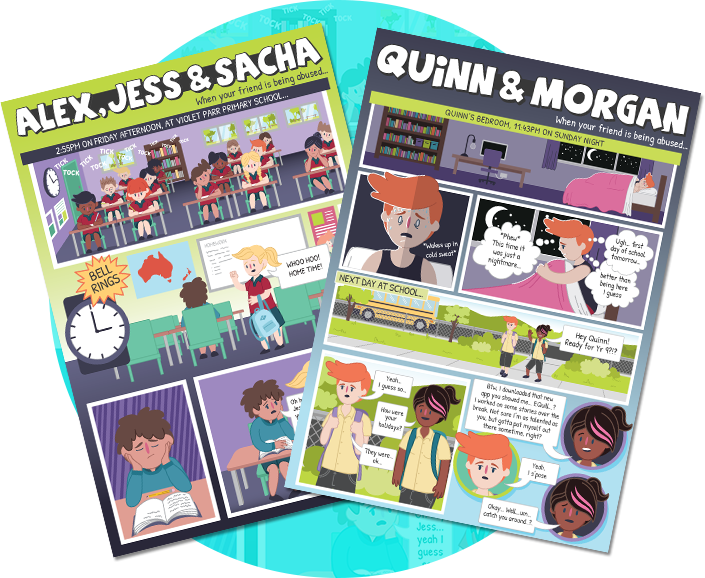Your guide to safety
It's normal to have some conflict in your family. Healthy conflict can be very emotional, but it's respectful and can usually be resolved through assertive communication.
Abuse is different from conflict. It takes many forms. Abuse is never ok, and it's never your fault. If you or someone you know are being abused, here's some info that can help (click to view).
At Kids Helpline we're commited to providing services that protect and keep you free from harm.
Unsafe secrets might involve:
Someone who may be in danger (past, present or future, e.g. someone who experienced sexual abuse)
Someone who may have impaired judgement (e.g. someone who is feeling suicidal)
A power imbalance (e.g. an adult ordering a teen to keep a secret)
Threats or bribes (e.g. “If you tell anyone I will never speak to you again!”)
Someone who is unable to give consent (e.g. someone considered a 'minor' by the law)
Something against the law, e.g. image based abuse
A secret may also be unsafe if…
- It affects your wellbeing (e.g. you can't sleep because you’re worried)
- You feel stuck or don’t know what to do
- You find yourself agonising between breaking a promise and getting help/advice/support
Unsafe secrets are a common feature of different kind of abuses towards young people.
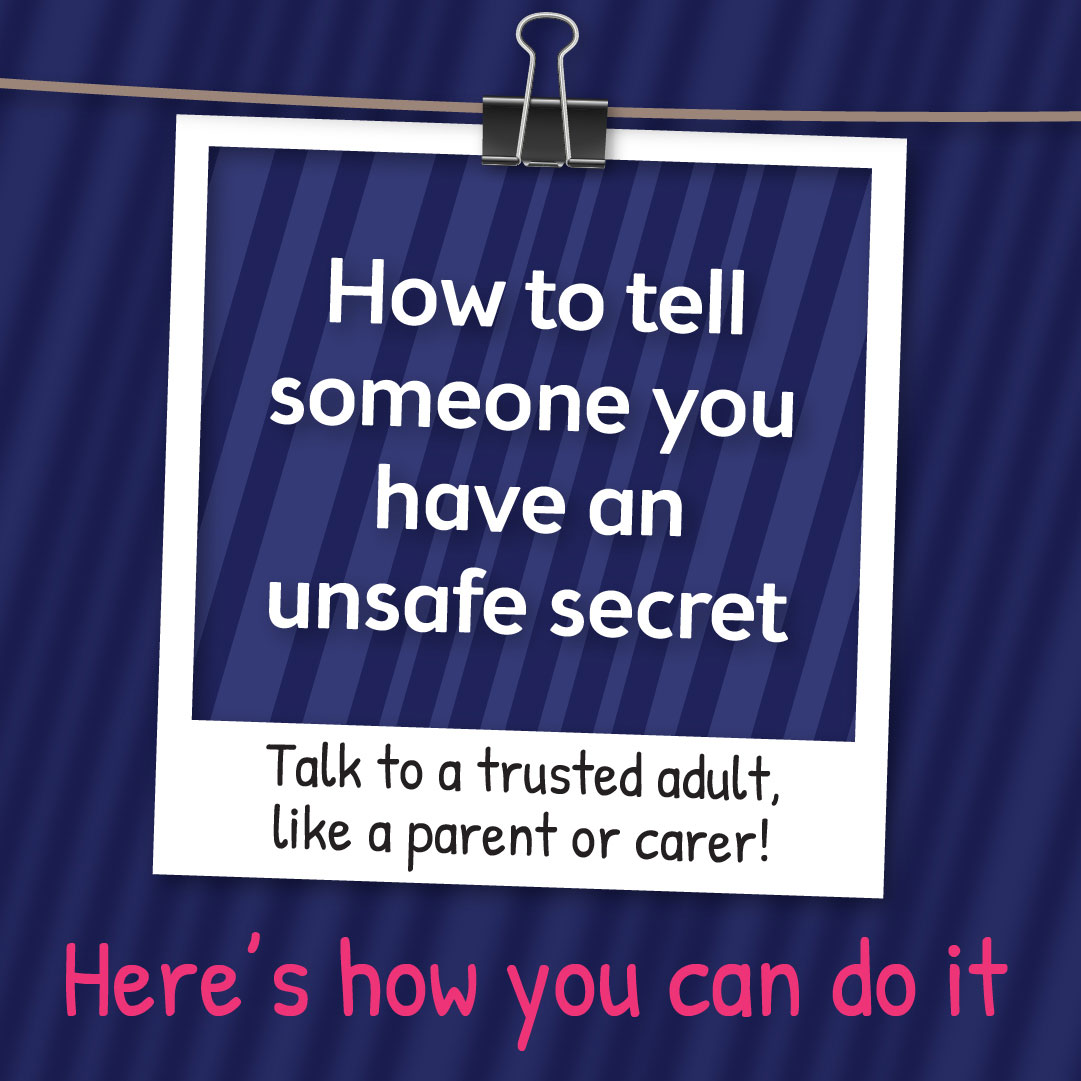
Abuse thrives on secrecy.
Abuse rarely resolves without intervention, as abusers want it to be kept secret so they can keep abusing.
Asking for support and not knowing what comes next can be frightening. But getting support is the best way to stop the abuse.
Scroll through this gallery for helpful hints on how to start a conversation with someone you trust (like a teacher, school counsellor or Kids Helpline counsellor).
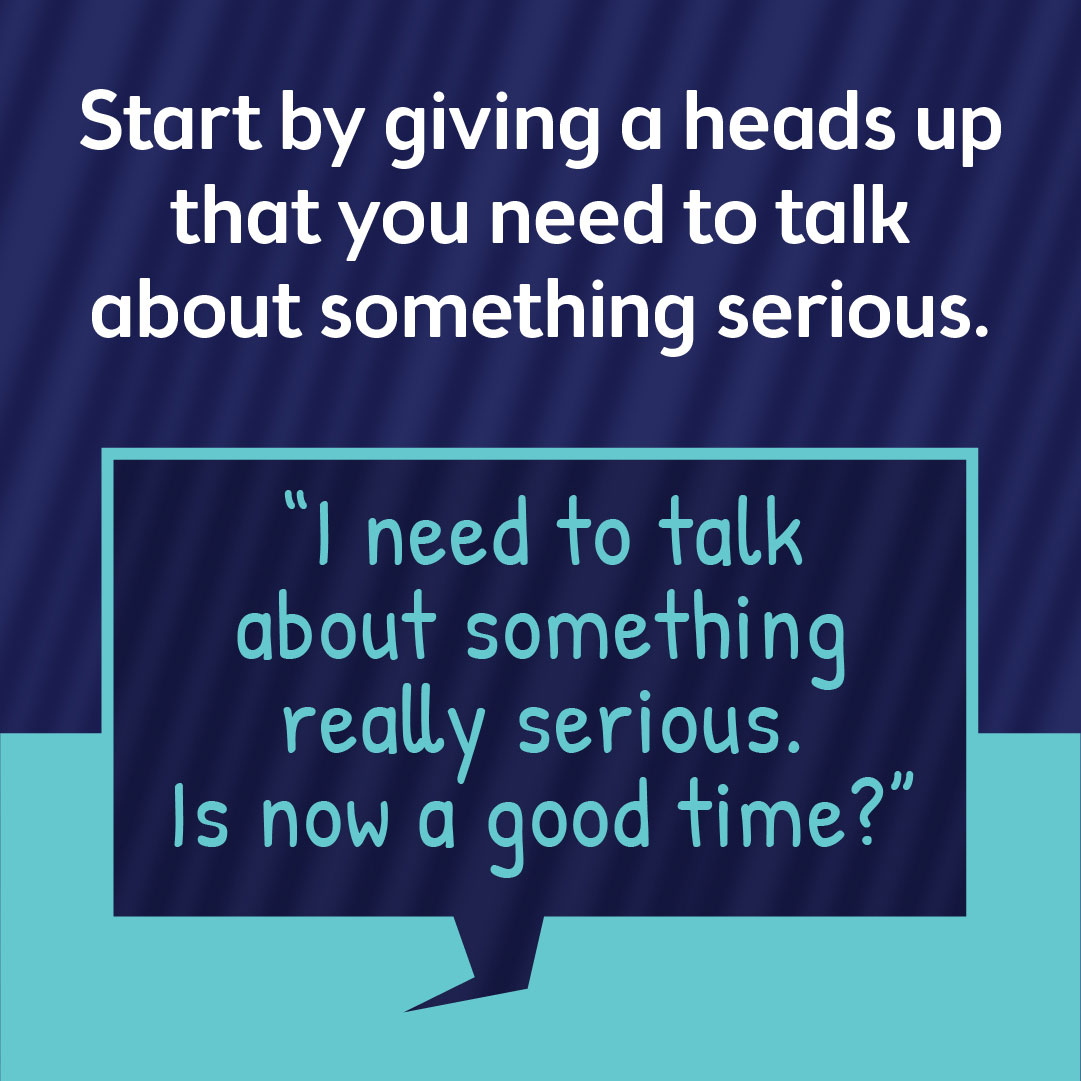
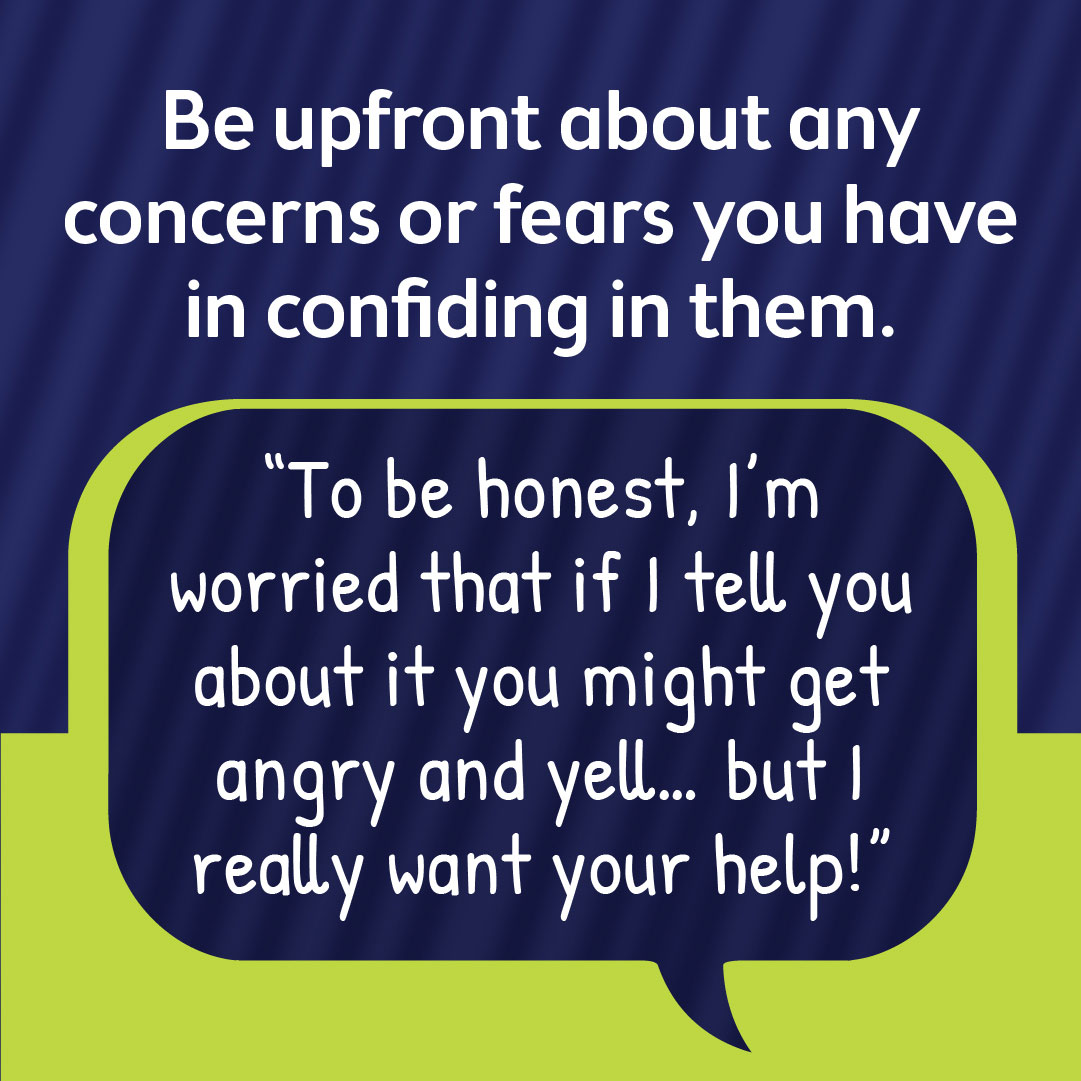
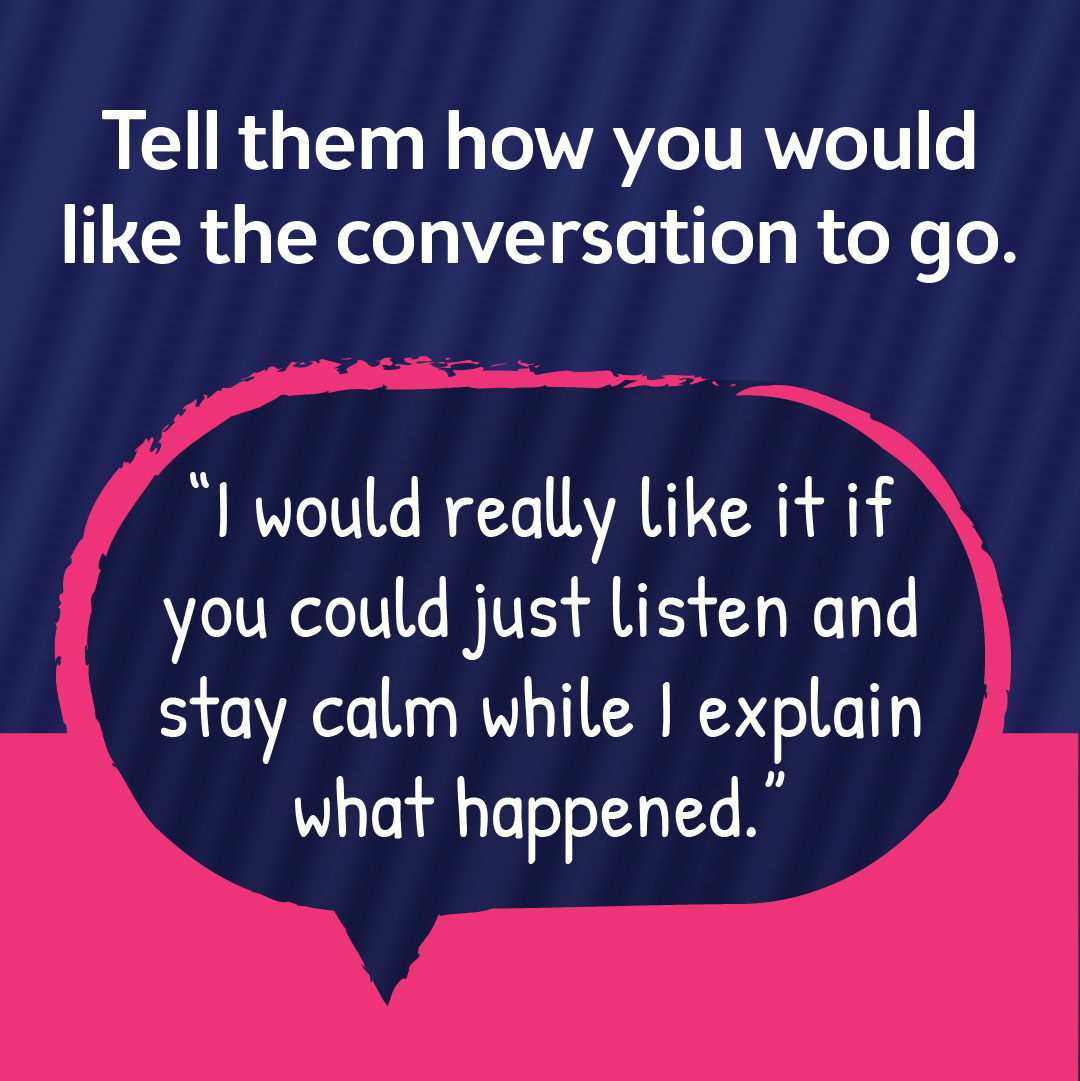
When you think a friend is being abused at home...
It can be hard for kids to know what to do when their friend is being abused.
Check out these comics created by young people in primary and high school, and Kids Helpline counsellors!
Remember, you can get anonymous and confidential support from Kids Helpline.
Talking helps! We’re here for you.
No problem is too big or too small.
We're here 24 hours a day, 7 days a week

